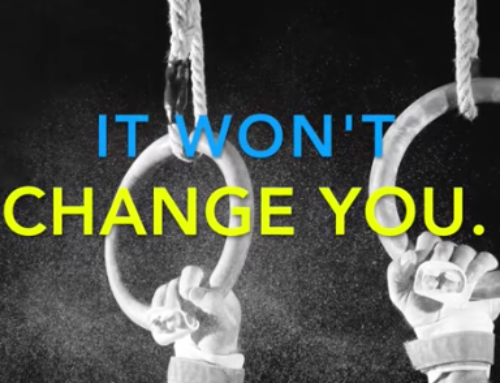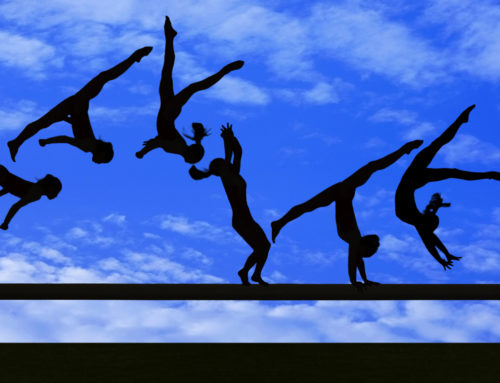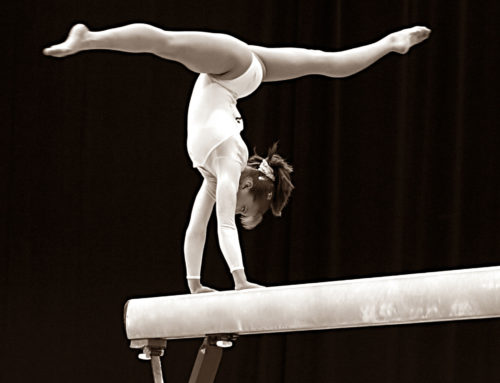We are all guilty of this. For some reason, anything short of perfection for competitive athletes is unacceptable. Regardless of how long we have been doing our particular sport, we constantly have these ridiculously high expectations of ourselves and we beat ourselves up when we don’t perform as we feel we should.
This has always been a problem for me throughout my athletic career. It doesn’t matter if I just started doing something new, disappointment always sets in when things don’t go as planned.
Even today, at age 35, I’m still guilty. A perfect example is my golf game. I’ve been playing golf for a number of years but I only play or practice a few times a year. When it comes to golf, you have to play almost daily to expect to play at a high level. Even though I know this, I will go out to the course for my annual golf outing and expect to play like Phil Mickelson. One bad shot and I fall apart. We all need to face reality…
We aren’t good enough to be disappointed!
Brad Thornton
Strength & Fitness Team Lead
Article Written By James Clear
Dan John is a weightlifting coach. He is well-known in the fitness world for keeping things simple. As regular readers know, simplicity matches up well with my exercise philosophy. (Dan John also has two first names. And you should always fear a man with two first names.)
Anyway, I recently heard Dan John say,
I often tell my new athletes: “Sorry, you just are not good enough to be disappointed.”
In other words, in the beginning you need to get comfortable with feeling stupid, uncertain, and unskilled. You’re not allowed to be disappointed by your amateur performance because you haven’t developed the skills of a professional yet. It’s only the professionals that are allowed to be disappointed because they have put in the work to be better.
- J.K Rowling is allowed to be disappointed if she writes a bad book because she put in 20 years of work to get good.
- Kobe Bryant is allowed to be disappointed if he plays a bad game because he put in 20 years of work to become amazing.
- When he was alive, Jack LaLanne was allowed to be disappointed with a bad workout because he trained for 60 years to stay fit.
But you and me? We’re not good enough to be disappointed yet. We’re bad enough to get to work.
Bad Enough to Get to Work
In the beginning, you’re still learning. You’re still developing. You’re still building. You haven’t developed enough competency to feel disappointed by your performance. You’re supposed to feel stupid and unskilled.
Of course, it’s easy to forget to give yourself some slack when you’re starting a journey that is important to you. Usually, the people who have the least right to feel disappointed are the ones who get down on themselves the most.
- We feel disappointed when we start a new job and don’t do it as well as we would like.
- We feel disappointed when we set fitness goals for ourselves and don’t reach them.
- We feel disappointed when we finally work up the courage to start our first business and it fails.
- We feel disappointed when we write our first book and nobody reads it.
- We feel disappointed when we pitch someone on our great idea and they don’t care.
But the start is supposed to be a struggle. In fact, it’s all supposed to be a struggle. The approach of professionals is an indication of just how strongly struggle is linked to success. The Richard Bransons and Jerry Seinfelds and Tom Clancys of the world see failure as a signal to re-commit to the process, not as a reason to wallow in disappointment.
And if that’s the way that the best in the world approach their craft, then that’s how you and I should approach our goals as well.
You’re not good enough to be disappointed. You’re bad enough to get to work.
Source: Blog Written by James Clear
JamesClear.com






Leave A Comment